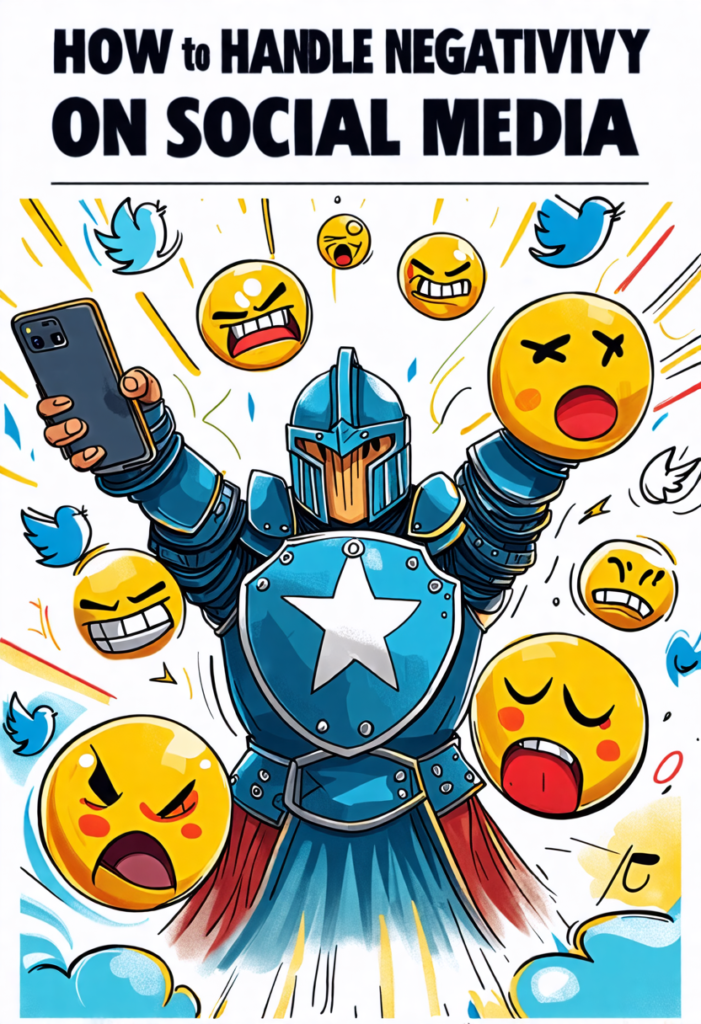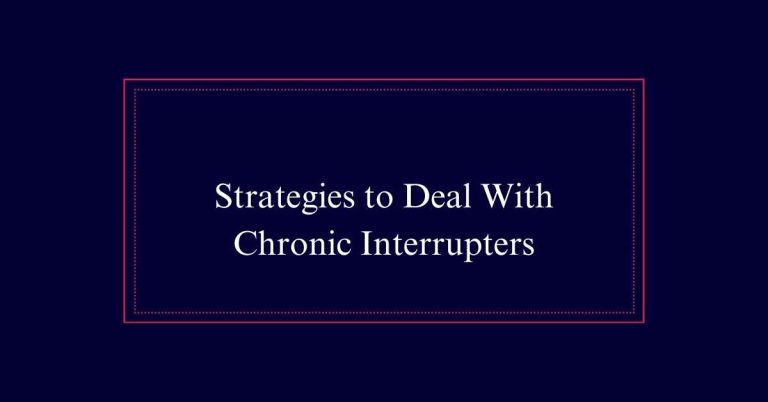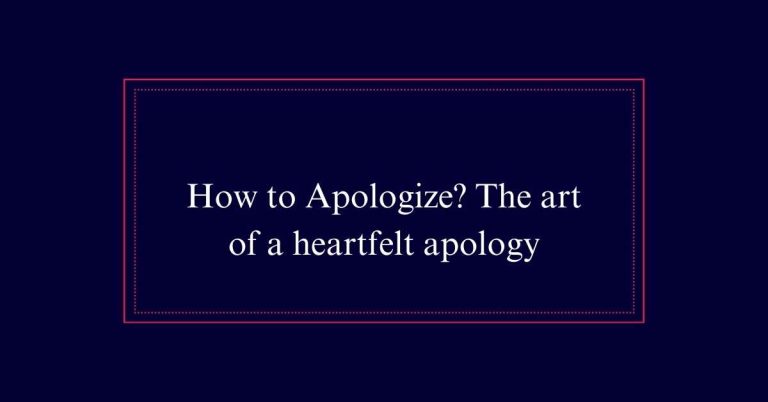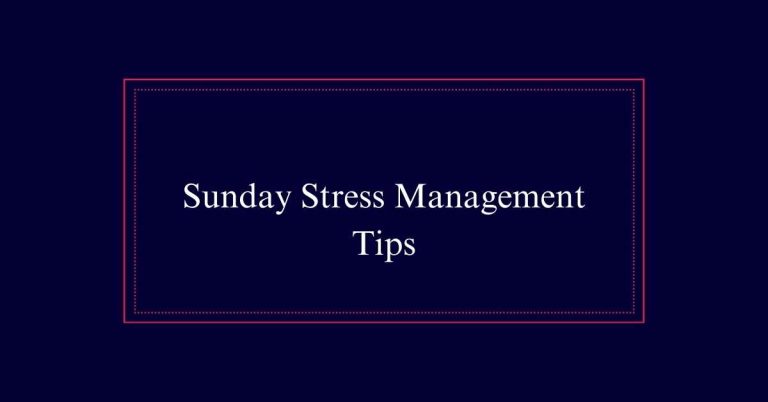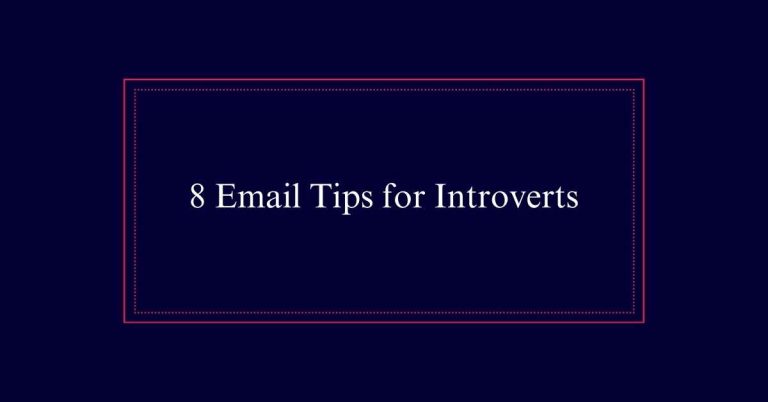How to Handle Negativity on Social Media?
Handling negativity on social media starts by not feeding the trolls. Trolls thrive on your reaction, so ignoring them can make them move on. Build a supportive community and respond positively to foster respect. Share facts calmly to counter misinformation without arguing. Use humor to disarm negativity and keep things light. Don’t hesitate to report harassment and block abusers to protect yourself. Repair relationships with constructive dialogue when possible. Lastly, practice self-care to manage your emotional well-being.
Don’t Feed the Trolls
One of the best ways to handle negativity on social media is to ignore trolls completely. Trolls thrive on attention and negative engagement. They want to provoke you and twist your words. Arguing with them wastes your time and drains your emotional energy. By not responding, you take away their power.
Trolls will often move on when they don’t get the reaction they seek. It’s important to remember that engaging with trolls only fuels their behavior. Instead, focus on positive interactions and let the trolls fade into the background. Your mental well-being is more important than winning an argument with someone who only wants to cause trouble.
Stay strong, ignore the trolls, and keep your peace.
Champion a Supportive Community
While ignoring trolls is important, fostering a supportive community can also help combat negativity on social media.
Respond positively to negative comments to support friends and followers. Encourage others to join in and show their support, effectively drowning out negativity.
Create a safe space for respectful dialogue by promoting positivity and appreciation in your interactions. Uphold a culture of encouragement and understanding. By setting this tone, you help establish a welcoming environment where people feel valued and heard.
Aim to be a role model for others, demonstrating how to handle negativity with grace and kindness. A supportive community not only combats negativity but also strengthens connections and fosters a sense of belonging.
Provide the Facts
When facing trolls spreading misinformation, counter their claims by sharing accurate, factual sources. Don’t engage in heated arguments. Instead, calmly post links to reliable information. This helps educate your audience and dispels falsehoods.
When you provide facts, you show credibility and integrity. Focus on primary sources, data, and expert opinions. This approach prevents the spread of misinformation and keeps the conversation productive.
Always be respectful and avoid personal attacks. Your goal is to inform, not to argue. By sticking to facts, you maintain a positive tone and contribute to a healthier online environment.
Respond With Humor
After providing factual information, try using humor to disarm trolls and lighten the mood. A funny response can deflate negative comments and show you’re not taking the bait. Humor can make trolls seem ridiculous and take away their power.
For example, if someone criticizes your post, reply with a witty joke or a playful comment. This approach can turn a negative interaction into something light-hearted. Just remember to keep it respectful and avoid sinking to their level.
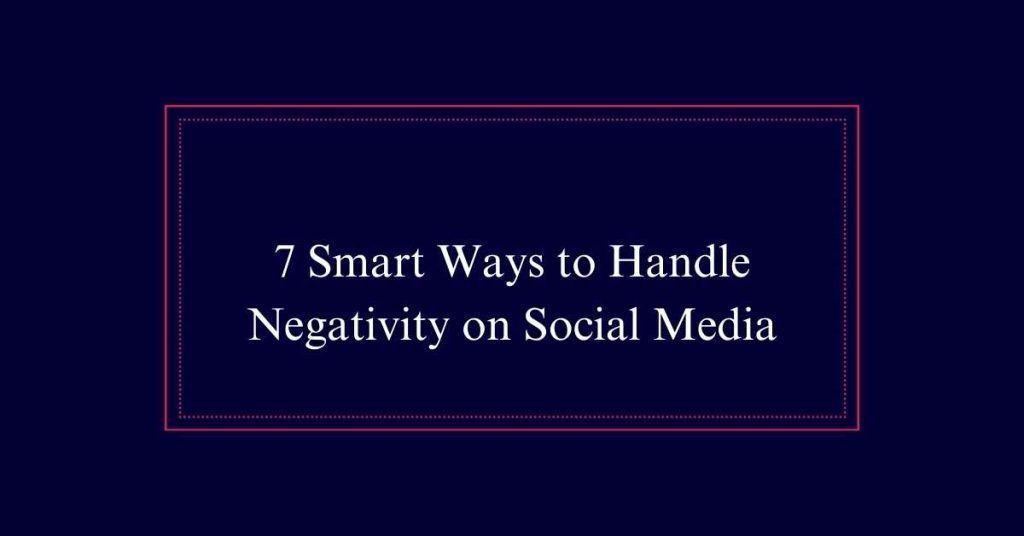
Humor can also engage your audience and show them you handle negativity with grace. It creates a positive atmosphere and can even make the troll look foolish. Use humor wisely to keep the conversation fun and positive.
Report Harassment
Use social media’s reporting tools to stop harassment and protect yourself. When someone crosses the line, don’t hesitate to report their behavior. Most platforms offer simple options to report abuse, threats, or harassment. Use these tools to flag inappropriate content quickly. Reporting doesn’t just safeguard you; it also helps make the platform safer for others.
Additionally, block the harasser to prevent further contact. Blocking is an effective way to keep your space free from negative influences. Always remember, your safety and peace of mind are important. By taking these steps, you can guarantee a more positive online experience. Don’t let anyone ruin your time on social media; take action and stay safe.
Repair the Relationship
Consider making an effort to reach out privately to resolve conflicts with friends or family. When you see a disagreement brewing online, take it offline. Send a direct message or call them instead. This approach shows that you value the relationship more than the argument. It’s easier to understand each other without the public pressure of social media.
Acknowledge the differences and express your feelings calmly. Ask for their perspective and listen without interrupting. This can help clear misunderstandings and build stronger bonds. Aim to reach a mutual agreement or agree to disagree respectfully.
Repairing relationships takes effort but is worth it for lasting connections. Prioritize peace and understanding over winning an online debate.
Practice Self-Care
While mending relationships is important, it’s equally vital to take care of yourself amidst online negativity. Handling harsh comments can be draining. Prioritizing your well-being helps you stay resilient.
Here are some practical self-care tips:
- Disconnect regularly: Take breaks from social media to clear your mind.
- Seek support: Talk to trusted friends or family about your feelings.
- Focus on positives: Remind yourself of your strengths and achievements.
- Limit exposure: Control your social media settings to reduce negative content.
- Practice mindfulness: Engage in activities like meditation or yoga to stay grounded.
Frequently Asked Questions
How Can I Prevent Negativity From Affecting My Mental Health Long-Term?
To prevent negativity from affecting your mental health long-term, focus on self-care. Surround yourself with supportive friends. Recognize hurtful comments stem from others’ insecurities. Take breaks from social media. Always prioritize your mental well-being.
What Are the Best Tools for Monitoring Social Media Sentiment?
To monitor social media sentiment, use tools like Hootsuite, Brandwatch, or Sprout Social. These tools help track mentions, analyze trends, and gauge public opinion. You’ll get real-time insights and can respond quickly to feedback.
How Do I Build a Personal Brand That Resists Negativity?
To build a personal brand that resists negativity, stay authentic and consistent. Share positive content and engage with your community. Ignore trolls and focus on supportive interactions. Promote kindness and facts, and practice self-care to stay resilient.
What Strategies Can Businesses Use to Handle Online Criticism Effectively?
Address online criticism by responding calmly and professionally. Provide factual information to correct any inaccuracies. Encourage positive community engagement. Use humor or kindness when appropriate. Report harassment and take care of your team’s well-being.
How Can Influencers Maintain a Positive Image Amidst Online Backlash?
You should stay calm, respond with kindness, and provide correct information. Ignore trolls and focus on your supportive community. Use humor to deflect negativity. Report harassment and take care of yourself to maintain a positive image.
